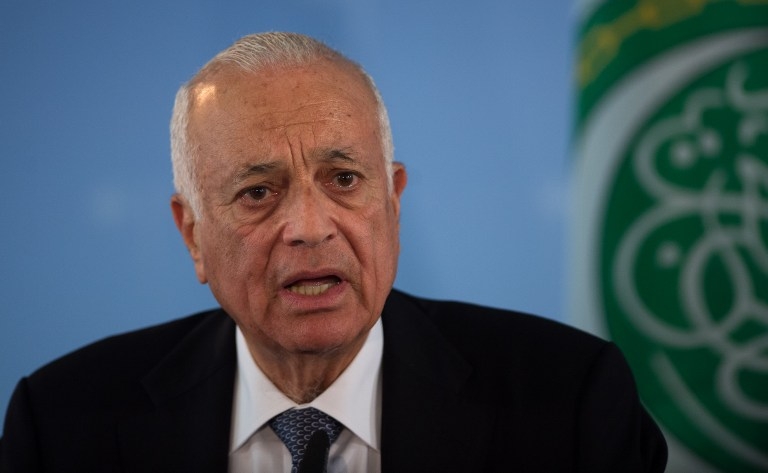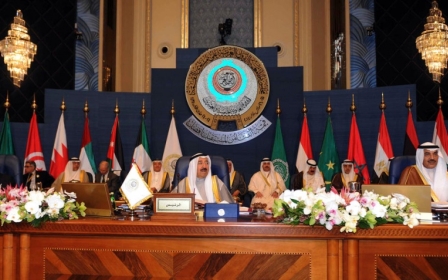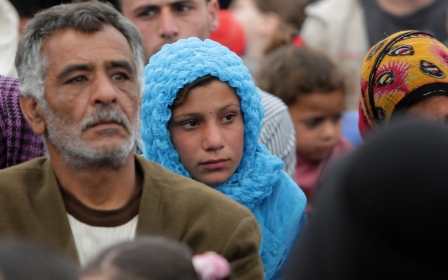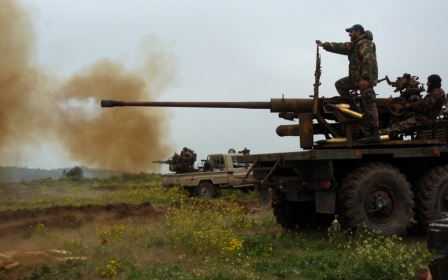Arab League blames UN for Syria envoy resignation

The Arab League Secretary-General Nabil al-Arabi on Wednesday blamed the United Nations Security Council for a recent decision by the UN envoy to Syria Lakhdar Brahimi to resign.
In a statement, Arabi said the failure of the Security Council to shoulder its responsibilities and stop unrelenting bloodshed in Syria since 2011 prompted Brahimi to resign.
The Arab League chief expressed sorrow over Brahimi's resignation, saying the Arab diplomat had made strenuous efforts to put an end to the Syrian crisis.
He also accused the international community of failing to offer enough support for Brahimi to reach a negotiated solution to the Syrian conflict.
Brahimi announced his resignation on Tuesday, expressing regret for his inability to forge a coherent international response to one of the world's worst humanitarian crises.
New MEE newsletter: Jerusalem Dispatch
Sign up to get the latest insights and analysis on Israel-Palestine, alongside Turkey Unpacked and other MEE newsletters
More than 150,000 people have been killed and millions displaced in the brutal civil war now in its fourth year.
On Wednesday alone, at least 105 people were killed during air and ground operations across Syria, which were allegedly carried out by forces loyal to Syrian President Bashar al-Assad's, thee London-based Syrian Network for Human Rights said.
The Syrian government's official news agency SANA claimed security forces "neutralised" a large number of armed groups during operations.
More than 100,000 people have been killed during the three-year conflict, which has left more than 6.5 million people internally displaced according to the UN. Over two million are now registered as refugees in neighbouring Turkey, Lebanon, Jordan and Iraq.
Middle East Eye delivers independent and unrivalled coverage and analysis of the Middle East, North Africa and beyond. To learn more about republishing this content and the associated fees, please fill out this form. More about MEE can be found here.




